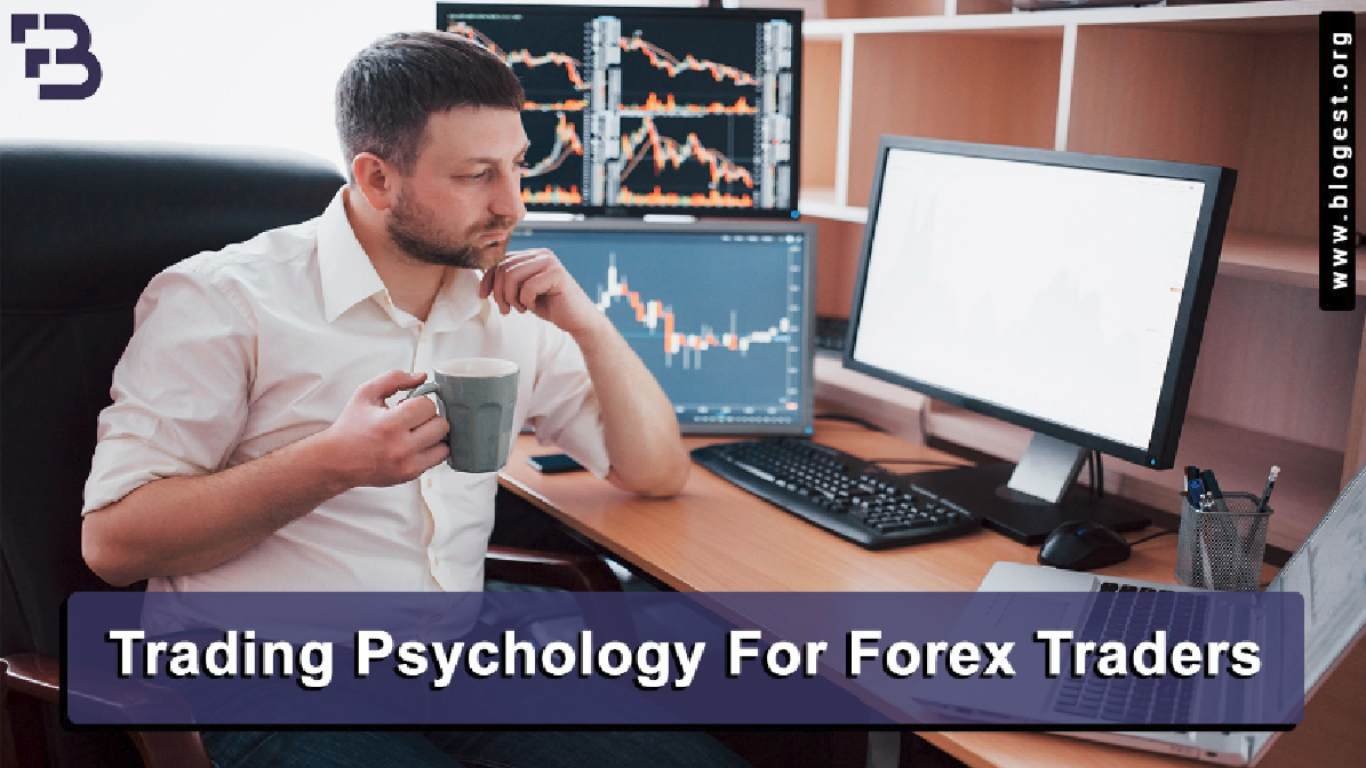An analysis of the psychological and mental factors in markets that can have a decisive impact on the decision-making process and overall performance. The realm of FX trading is a high-risk sphere in which the developers would be better off being armed with technical knowledge and professional skills and also inner peace and self-control.
In this article, we will focus on the mental and emotional factors which are related to trading and the decisions and performance therein and will seek to share small tips and strategies that may be of use to forex traders to keep their trading psychology healthy.
Considering the US of Psychology in the Forecast of Exchange Rates.
A Forex trader can only react to the trends observed in the market, economic indicators, and technical analysis features. Nevertheless, chaos like fear, greed, and hope can cloud the minds of the traders in terms of how to interpret the market data. Take, for instance, the panic of losing, making traders trade out too early while greed accompanied by excessive risk gives rise to excessive risk-taking.
Reducing negative emotions can vary for the sake of choosing a reputable broker as a help. Trading in the market with a broker you can rely on allows you to focus on the trading process alone. Therefore, you can concentrate and fasten the trading process.
The addition, maintaining the equilibrium of emotions independently matters a lot in successful trading. Traders should be aware of their cognitive biases and likewise design a framework to inform their strategies. This means being able, to be honest with yourself, having a developed emotional intelligence, and possessing self-control.
Common Psychological Biases in Forex Trading
The forex market, as with any other financial scene, can produce systemic psychological biases which can confuse and cloud the thinking of forex traders. These include:
1. Confirmation Bias
Most of the time, people seek information that is parallel with their preconceived views and disregard any data that does not match their beliefs.
2. Overconfidence Bias
An overconfident attitude can lead one to overestimate their abilities and knowledge.
3. Loss aversion Bias
Humans are deeply inclined to restrict losses more than to struggle with gains, a fact we can observe almost in all spheres.
4. Herd Mentality Bias
The tendency to follow the actions of the crowd rather than make independent decisions.
5. Anchoring Bias
People generally jump to the conclusion of a thing while receiving the initial response and updates, not thinking over others’ opinions. This can result in excess biasedness towards the first glance of a solution and at a point even a better one can be missed.
Strategies For Managing Psychological Biases
Understanding psychological ultima while managing them calls upon introspection and self-awareness and discipline. Here are some strategies that forex traders can use to manage their preferences:
a) Keep a Trading Journal
Recording trading decisions and emotions can help traders identify patterns and biases.
b) Stay Objective
Seek out information that contradicts pre-existing beliefs and avoid following the crowd blindly.
c) Set Realistic Goals
Focus on achieving consistent gains rather than trying to make a quick profit.
d) Use Stop-Loss Orders
An extensive way of lessening risks and learning not to decide emotionally would be the usage of stop-loss orders.
e) Take Breaks
The creation of some breaks from trading will be an asset for the traders according to the perspective which is supposed to contemplate and avoid burnout.
The Role of Mental and Emotional Health in Workplace.
You are looking at the screens, the phone is on, bleeps are coming in, sores are spikes… and traders don’t get out of there much lighter in feeling. Psychic and physical well-being must be their prime targets.
Below are some tips that will help you in maintaining a stable trading psychology:
i) Practice Self-Care
Place emphasis on sleep, workout and proper nutrition first.
ii) Seek Support
Talk to other traders or a mental health professional if needed.
iii) Manage Stress
Come up with tools that you can use to handle stress for instance applying meditation or deep breathing exercises.
iv) Maintain a Balanced Perspective
Consider the fact, that trade is only one of many attributing factors, which don’t define individual’s value and success alone.
Conclusion
The psychological aspect of trading in foreign exchange market is very significant but not frequently mentioned as a key consideration.
Investors who can deal with their psychological biases, keep their mind in good shape, and had taken care of their emotions and mental state, will more likely stay in the stock market worriors for a long period of time.
Acquainting themselves with the role of psychology in forex trading and developing methods to suppress cognitive distortions can make traders experienced enough to take the right decisions and gain their trading goals.





6 thoughts on “Trading Psychology For Forex Traders”